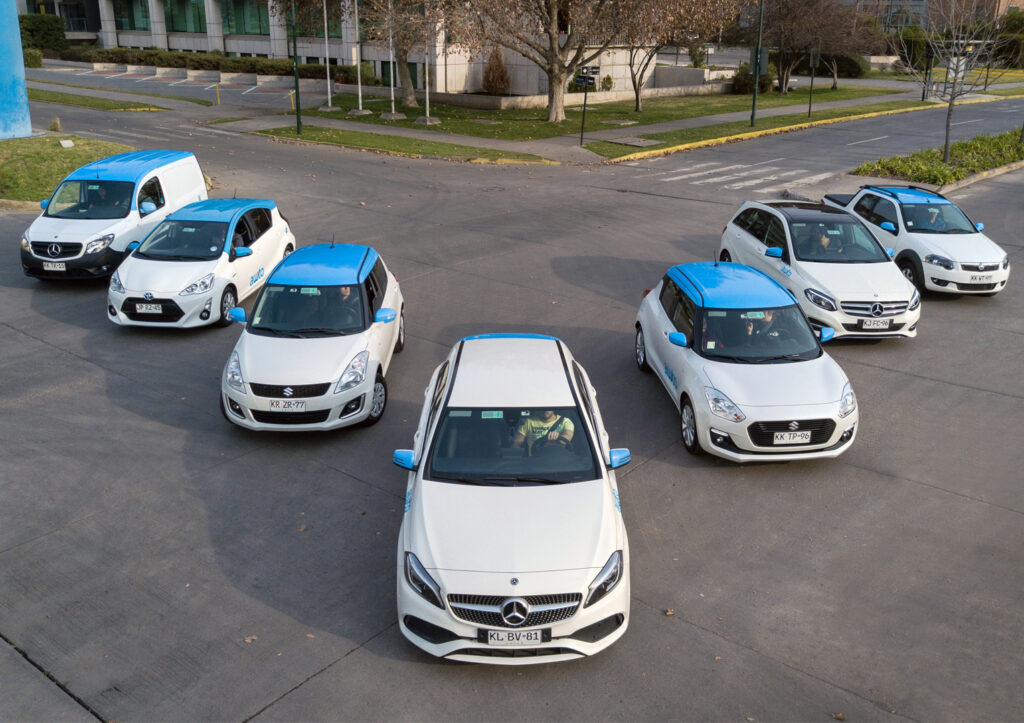With 650 vehicles available today and the goal of having a fleet of 900 by the end of 2022, the Chilean carsharing startup, Awto, is one of the companies with major expansion plans in Latin America.
The company has two leasing modalities, by hours/minutes or by days, a scheme it expects to implement when arriving in Brazil and Colombia in 2022 and 2023, respectively.
Considering the company’s projection, the Latam Mobility team spoke with the Country Manager of Awto, Matias Matthews, who explained how the firm became carbon neutral, while suggesting some regulations that, in his opinion, would allow the carsharing sector to acquire electric vehicles for the fleets.
The representative reviewed the beginnings of Awto’s operations, highlighting that it is the first carsharing company in the region, after it was born in 2016.
“We debuted under the roundtrip and station based modality with about 50 vehicles by March 2018. Having our own internal carsharing software and starting to operate with a station based modality but with the possibility of one way trips, allowed us to deliver greater flexibility to our customers,” he said.
Regarding environmental management, Matthews said: “Since the start of our operations in 2016, we have balanced all the CO2 emissions released to the environment by purchasing carbon credits through Carbon Neutral. It is important to note that Awto has been a certified B company since its inception.”
When asked about the regulations that should exist in Chile for companies like Awto to be able to expand their fleets with electric vehicles, the executive listed three outstanding incentives.

“We believe that electric energy costs should be subsidized in vehicles that have a shared use, since positive externalities generated are diminished due to the fact that there are few incentives to invest on this kind of energy. In addition, stimulating the creation of electric car stations in the city would increase the attractiveness of this type of mobility”, suggested Matthews.
Finally, as a third stimulus, he added that providing parking spaces free of charge for electric vehicles, as well as exclusive corridors in certain parts of the city could be a great incentive for both companies and users to prefer eco-friendly mobility, “as happens in some European countries, where public transport and car-sharing systems are a fundamental pillar in public transport policies”.
If you want to know more about Awto’s services, such as Airport Valet Parking, Leave It Where You Want or Night Service, visit their website by clicking HERE.




